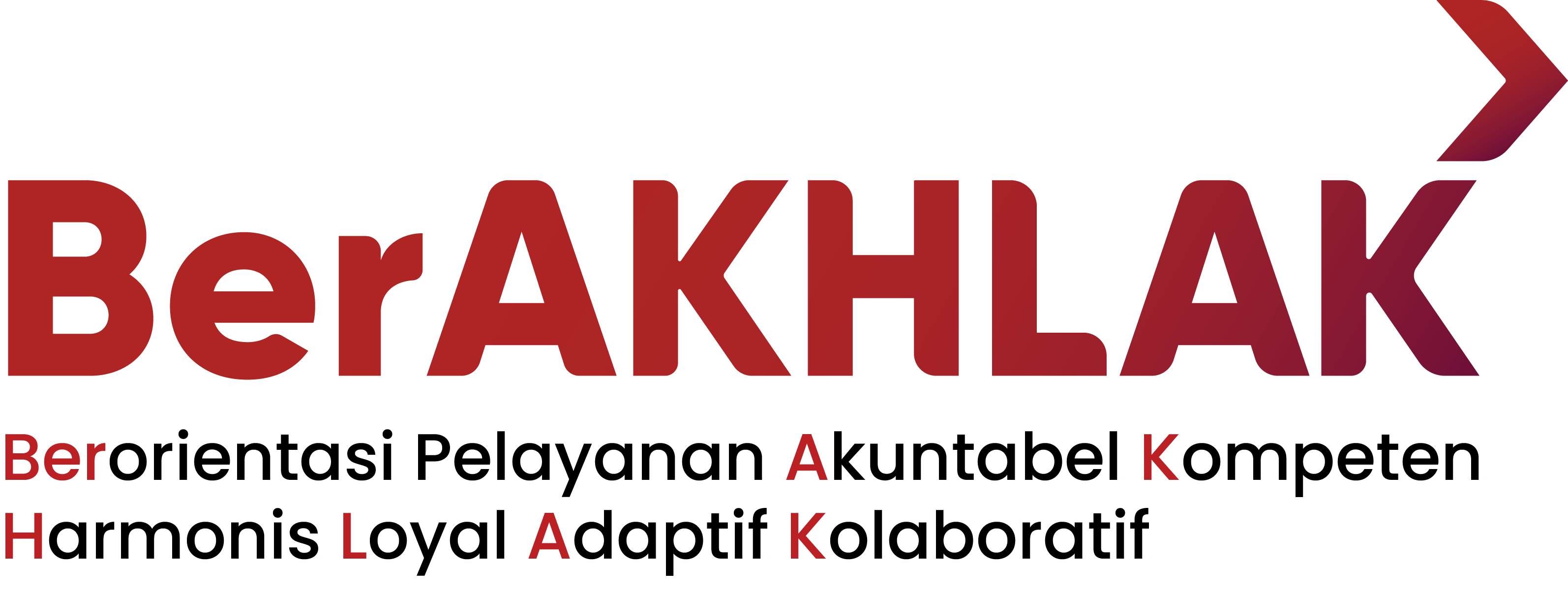Bappenas Advocates Regenerative Agriculture to Foster Sustainable Development and Food Security
Prime News - Thu, 18 July 2024

BOGOR – The Minister of National Development Planning/Head of Bappenas Suharso Monoarfa visited the Bogor Agricultural Institute’s (IPB) Science and Technology Park in Bogor, West Java to open the Expert Group Meeting (EGM) on Thursday (18/7).
During the meeting, Minister Suharso highlighted the triple planetary crisis, which has garnered global attention and requires innovative and sustainable solutions. Referring to the documentary “Kiss the Ground” (2020), Minister Suharso emphasized how regenerative agriculture practices can restore soil health, enhance environmental quality, and contribute to food security.
“This film deeply moved me, especially regarding the crisis we are experiencing and felt by Indonesia and many other countries, which is the threat known as the triple planetary crisis, consisting of climate change, increased pollution and land degradation, and the threat of biodiversity loss,” he explained.
The agricultural sector was the main focus of this discussion because it is one of the sectors most affected by climate change and biodiversity loss. On the other hand, if not managed properly, the agricultural sector can also contribute to environmental problems. “Climate change also significantly impacts and threatens the agricultural sector. The increasingly extreme rainfall patterns, prolonged droughts, rising average global temperatures, rising sea levels, and the high potential for natural disasters increase the risks faced by various activities in the agricultural sector,” Minister Suharso explained.
Furthermore, Minister Suharso presented data from the 2021 Integrated Agricultural Survey (SITASI) by the Central Statistics Agency (BPS), showing a high level of unsustainability in Indonesia's agricultural sector. Therefore, the Minister advocated for regenerative agriculture as a promising solution to address environmental crises and achieve sustainable development. “In our regulatory framework, one tangible manifestation of this effort is the Sustainable Agriculture Cultivation System Law, which mandates an agroecosystem approach and conservation agriculture principles that align with the principles of regenerative agriculture to sustainably revitalize our soil,” stated Minister Suharso.
The Indonesian government is committed to achieving sustainable development and fulfilling international commitments related to environmental management. In the 2020-2024 National Medium-Term Development Plan, the government set a target to reduce greenhouse gas emissions by 31.89 percent through its own efforts and 43.20 percent with international support. This meeting is expected to produce constructive solutions and concrete steps to promote regenerative agriculture in Indonesia. By adopting sustainable agricultural practices, Indonesia would be able to maintain soil health, improve food security, and contribute to achieving sustainable development goals.


